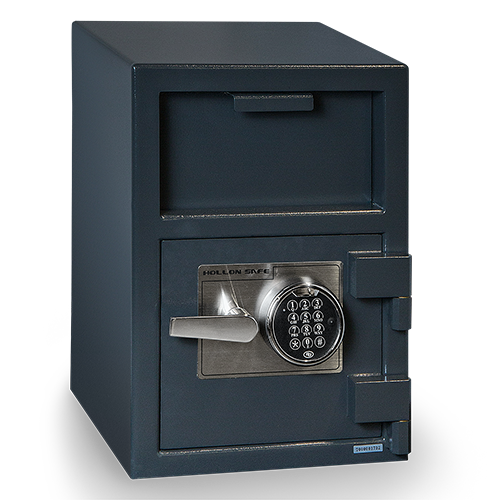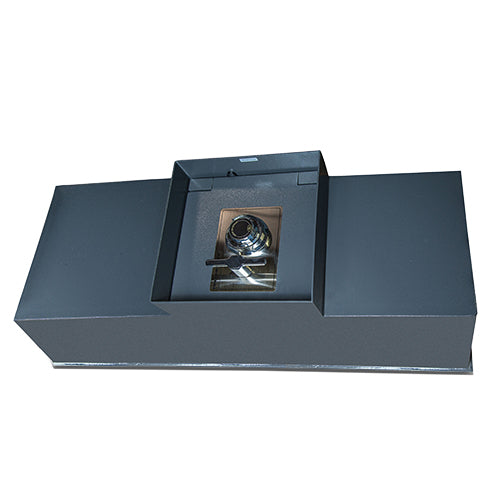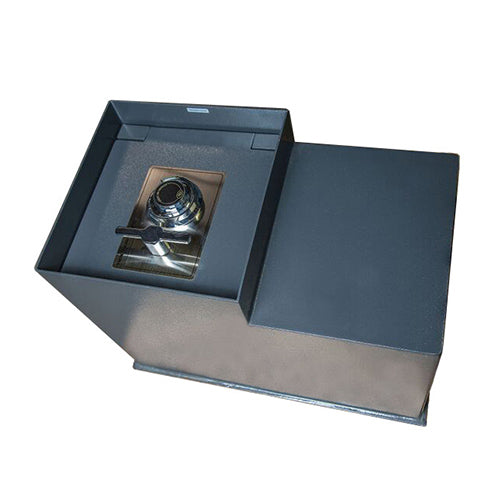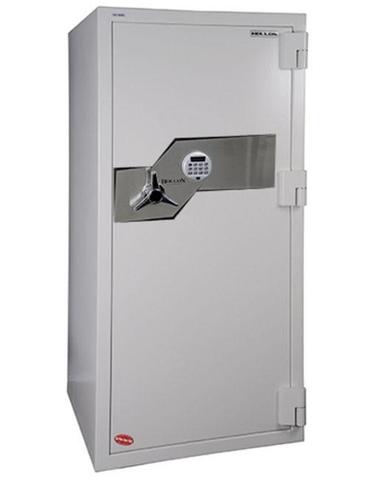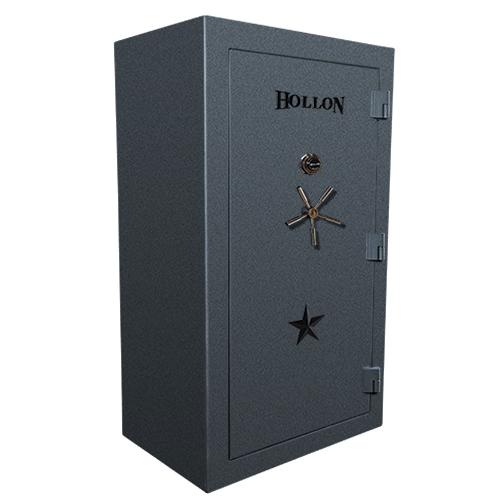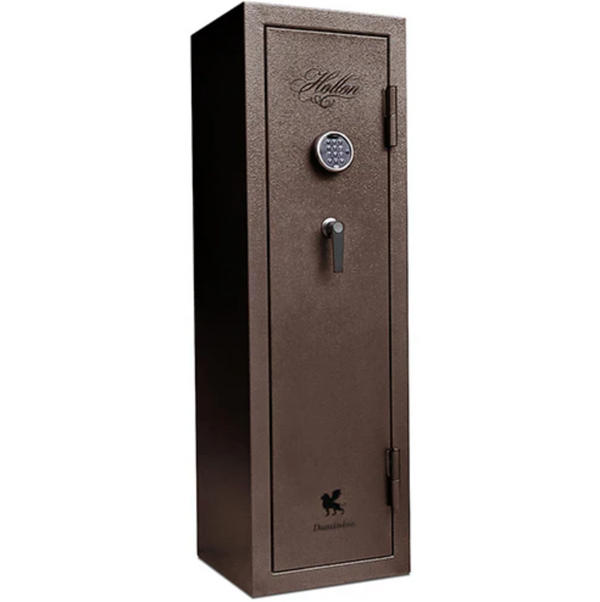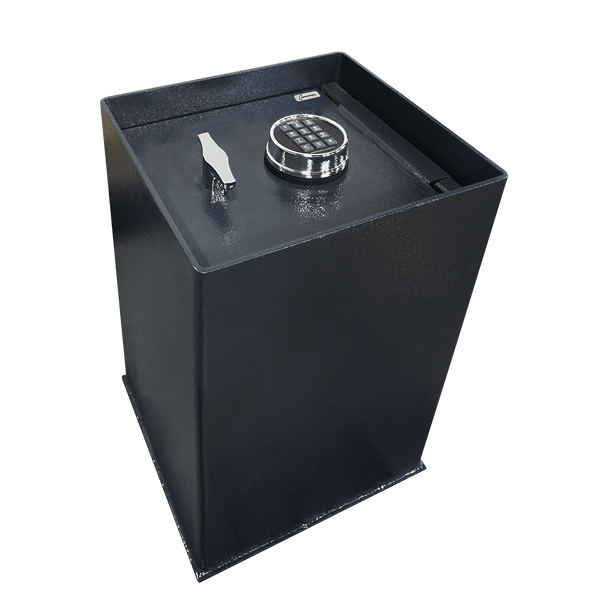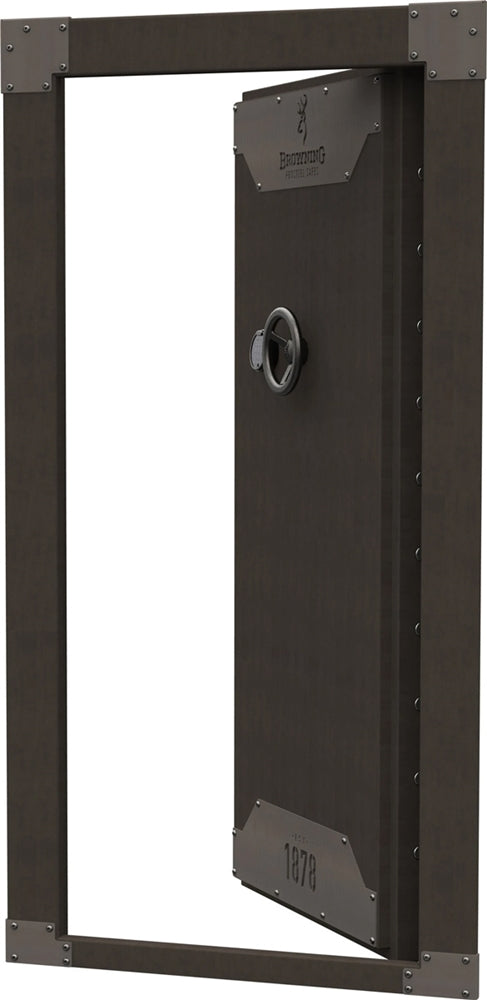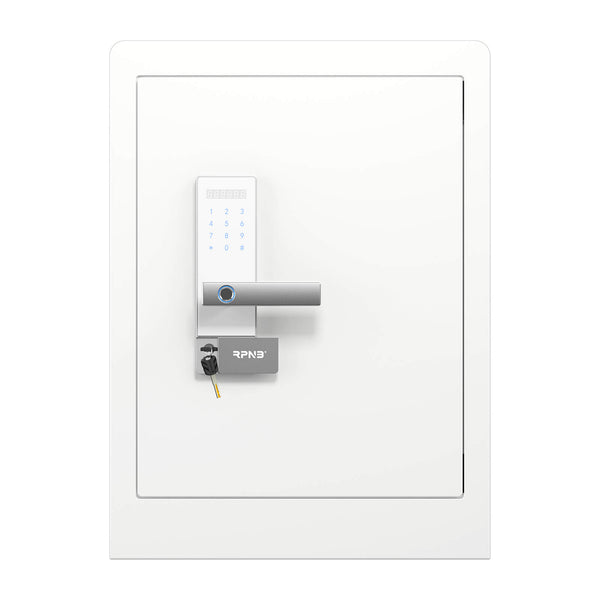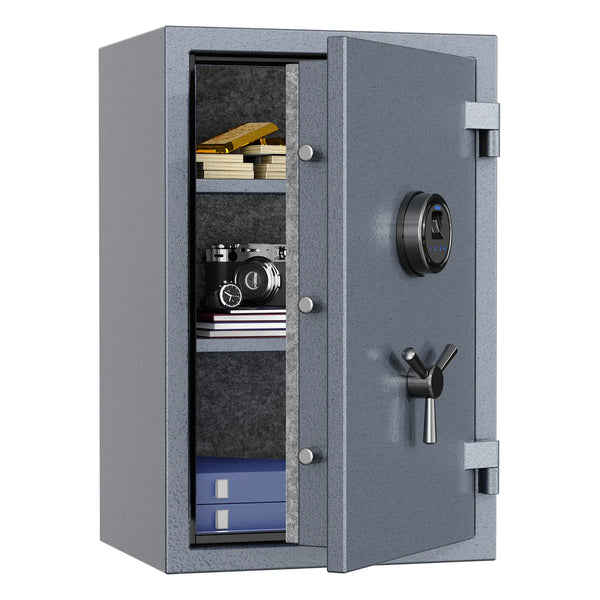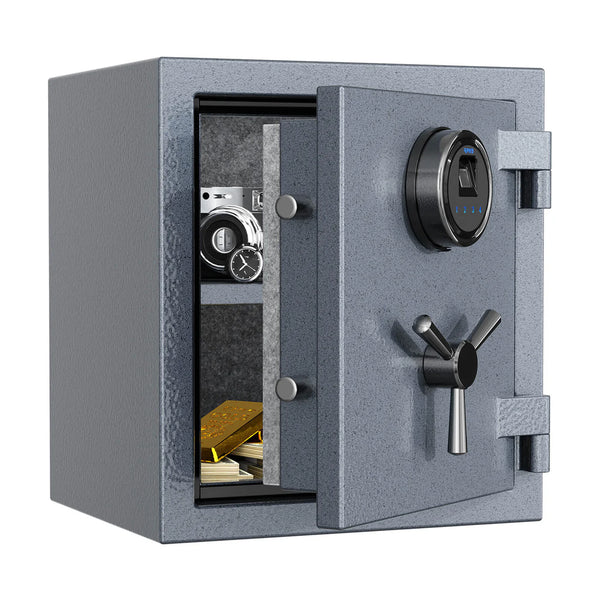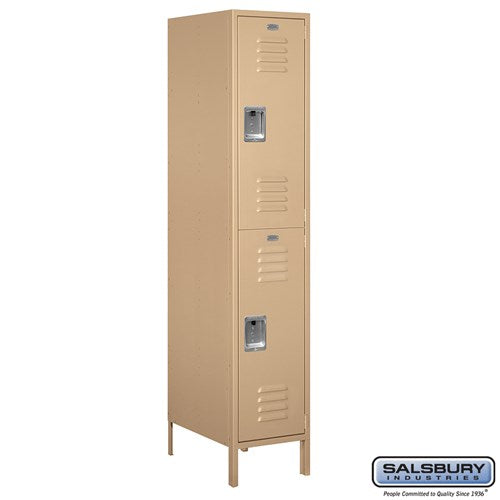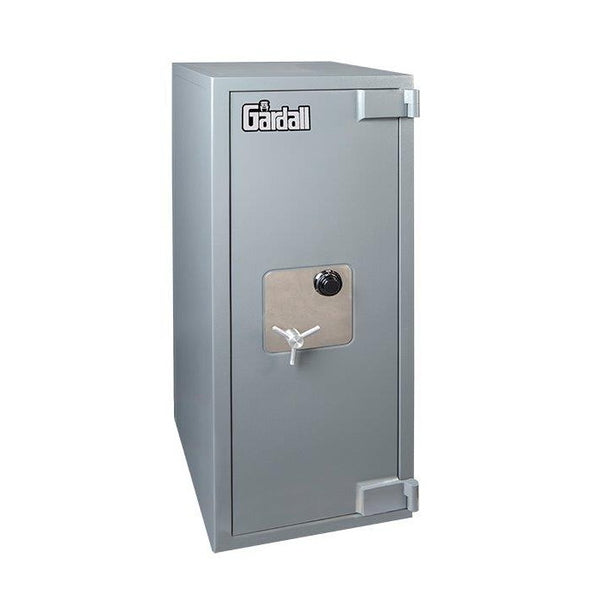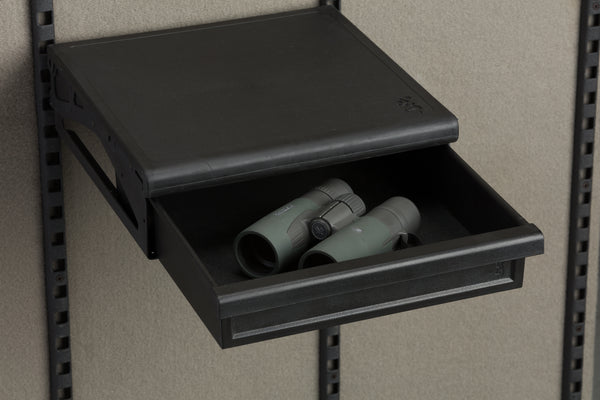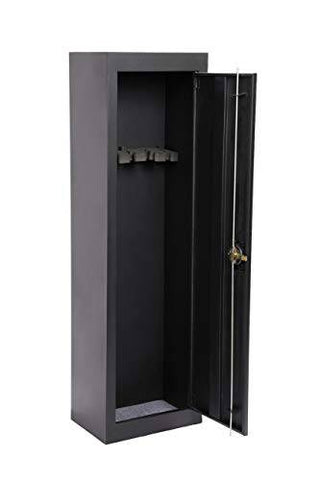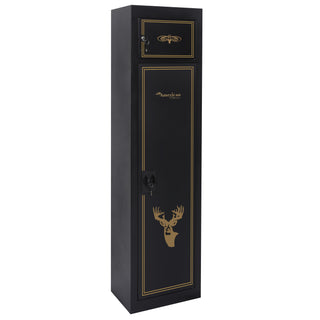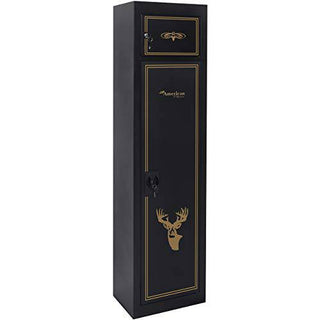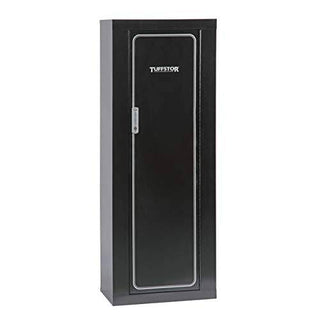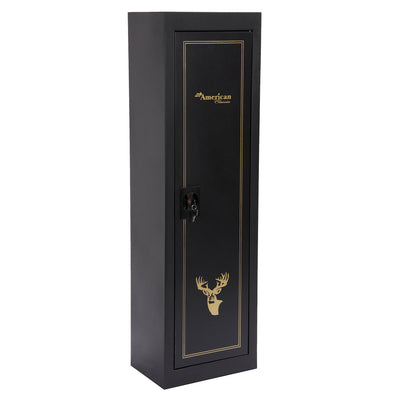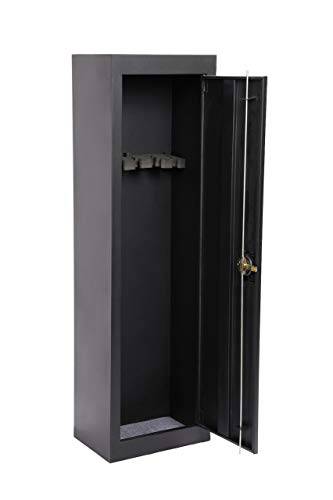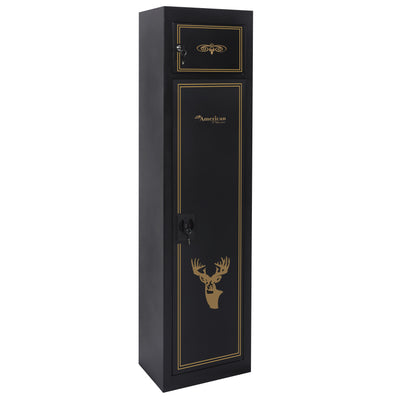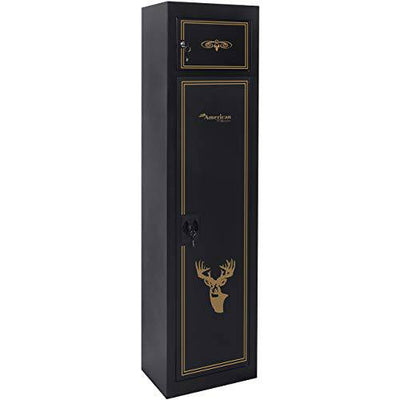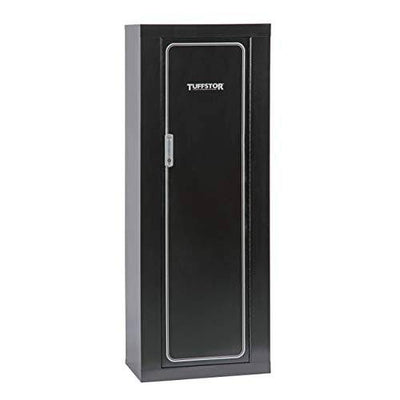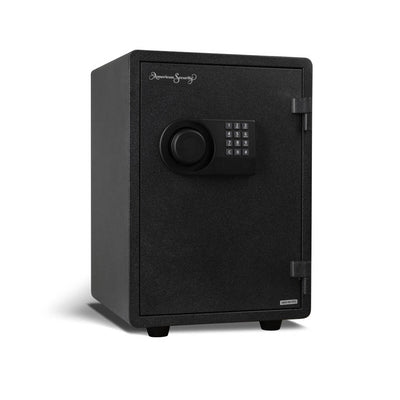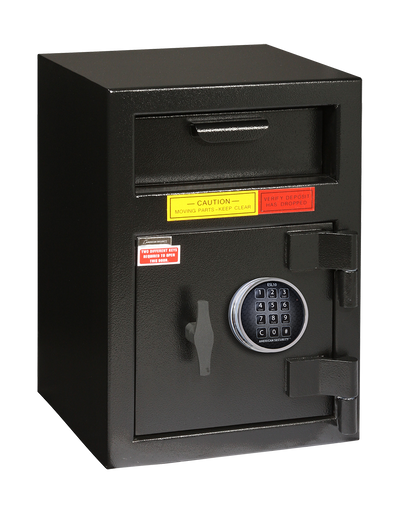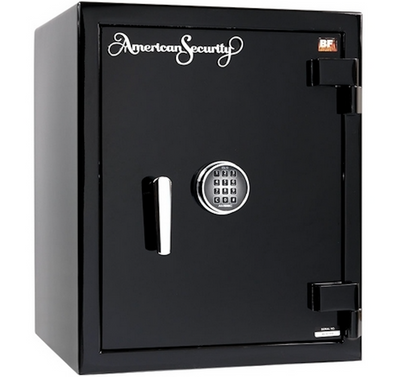VPN Digital Security Protection - 15 Questions Customers Ask Before Purchase

Before buying a VPN, you should ask essential questions about its purpose, encryption methods, and logging policies. Check for bandwidth limits, device compatibilities, and how it handles DNS requests. Understand the jurisdictions it operates under and compare its pricing against rivals. Additionally, investigate any known security vulnerabilities or past breaches. Each question helps assess the VPN's overall effectiveness. These factors are vital for making an informed decision on the VPN that's right for you.
Table of Contents
- Key Takeaways
- What Is the Primary Purpose of Using a VPN?
- How Does the VPN Encrypt My Data?
- What Logging Policy Does the VPN Provider Have?
- Are There Any Bandwidth Limitations or Data Caps?
- What Devices and Operating Systems Are Supported?
- How Many Simultaneous Connections Does the VPN Allow?
- What Protocols Does the VPN Support?
- Is There a Trial Period or Money-Back Guarantee?
- How User-Friendly Is the VPN Software?
- What Is the Availability of Customer Support?
- Are There Any Additional Features, Such as Split Tunneling or Kill Switch?
- How Does the VPN Handle DNS Requests?
- What Jurisdictions Does the VPN Operate Under?
- How Does the Pricing Compare to Other VPNS?
- Are There Any Known Security Vulnerabilities or Past Breaches?
-
Frequently Asked Questions
Key Takeaways
- What security features and encryption standards does the VPN provider implement to protect my data effectively?
- Does the VPN have a strict no-logs policy to ensure my online activities remain private?
- Are there any limitations on the number of devices I can connect simultaneously with my VPN subscription?
- What is the quality of customer support, and are there multiple channels available for assistance?
- Is there a trial period or money-back guarantee that allows me to evaluate the service risk-free?
What Is the Primary Purpose of Using a VPN?
Why do so many users turn to VPNs? The primary purpose of using a VPN revolves around two essential aspects: privacy protection and internet freedom. As you navigate the digital landscape, your online activities can be tracked, leaving you vulnerable to various threats. VPNs create a secure tunnel for your data, enhancing your privacy by masking your IP address, so you can browse without fear of surveillance. This connection empowers you, granting access to restricted content and ensuring that your freedom isn’t limited by geographical barriers. By using a VPN, you're not just protecting personal information; you're also joining a community that values safe, unrestricted internet experiences. Ultimately, a VPN stands as an important tool in your quest for online security and autonomy.
How Does the VPN Encrypt My Data?
How does a VPN effectively encrypt your data? When you connect to a VPN, it employs various encryption methods to secure your information from prying eyes. This process not only safeguards your data but also enhances your online privacy.
- AES-256 Encryption: The gold standard in data protection, ensuring your information is nearly impossible to decipher.
- Tunneling Protocols: Techniques like OpenVPN or IKEv2 create secure pathways for your data, minimizing exposure.
- Key Management: Robust systems that generate and handle encryption keys, essential for maintaining the integrity of your secure connections.
What Logging Policy Does the VPN Provider Have?
While encryption safeguards your data, understanding the logging policy of your VPN provider is equally important for ensuring your privacy. You need to ask about their logging transparency—what data they collect and how long they retain it. Some providers may keep connection logs, which could include your IP address and timestamps, while others adopt a strict no-logs policy, meaning they don’t store any identifiable information. Evaluating their data retention practices is essential; if they keep logs, your online activities could potentially be traced back to you. A trustworthy VPN will openly share its logging policy, providing peace of mind. Always choose a provider committed to protecting your anonymity, ensuring you belong to a community that values privacy as much as you do.
Are There Any Bandwidth Limitations or Data Caps?
When considering a VPN, it’s crucial to ask whether there are any bandwidth limitations or data caps that could affect your online experience. Understanding these factors can greatly impact your data usage and overall satisfaction.
- Unlimited Bandwidth: Some providers offer unlimited bandwidth, allowing you to stream and download without restrictions.
- Data Caps: Be cautious of VPNs with data caps, as they may throttle your connection once you exceed a certain limit.
- Bandwidth Management: Investigate how the provider manages bandwidth, especially during peak times, to guarantee you maintain ideal speeds.
Knowing these details can help you choose a VPN that aligns with your needs, guaranteeing a smooth and enjoyable online journey.
What Devices and Operating Systems Are Supported?
When choosing a VPN, it's essential to take into account the types of devices and operating systems it supports. You'll want to guarantee compatibility with your smartphones, tablets, and computers, as well as any specific operating systems like Windows, macOS, iOS, or Android. Additionally, evaluate the VPN's multi-platform functionality to see how seamlessly it integrates across your devices.
Supported Device Types
How do you guarantee your VPN service is compatible with your devices? You need to assess the supported device types to avoid device limitations and compatibility issues. Confirm that your chosen VPN can cater to a range of devices.
- Smartphones and Tablets: Check if it supports both Android and iOS.
- Laptops and Desktops: Verify compatibility with Windows, macOS, and Linux platforms.
- Routers and Smart TVs: Explore options for setting up the VPN on your home network or smart devices.
Operating System Compatibility
Verifying your VPN service is compatible with various operating systems is vital for a seamless experience across your devices. Check whether the VPN supports major operating systems like Windows, macOS, Linux, Android, and iOS. Compatibility issues can arise if your chosen service lacks support for specific platforms, limiting your ability to secure all your devices effectively. It's important to verify if the VPN offers dedicated apps or configuration instructions for each operating system. Additionally, consider whether they provide updates to support new OS versions. By confirming compatibility, you’ll guarantee a smooth, cohesive experience that protects your privacy and enhances your digital life across all your preferred devices. Don’t overlook this aspect when making your decision.
Multi-Platform Functionality
Which devices can you effectively secure with your VPN? Understanding cross-platform compatibility is essential for ensuring a seamless user experience across all your devices. A reliable VPN should support various operating systems and devices, allowing you to maintain security no matter where you are.
- Windows, macOS, and Linux computers
- iOS and Android smartphones and tablets
- Routers for thorough network protection
How Many Simultaneous Connections Does the VPN Allow?
When choosing a VPN, it’s essential to understand how many simultaneous connections it allows, as this impacts your overall usability. You'll want to evaluate not just the connection limits but also how those limits align with your device compatibility and any multi-user scenarios you might encounter. Analyzing these factors will help you determine if the VPN meets your specific needs.
Connection Limits Explained
Understanding the connection limits of a VPN is essential, especially if you're considering how many devices you plan to use simultaneously. Different VPN services impose varying user limits, impacting your overall experience.
- Evaluate your device count: Are you connecting multiple devices at once?
- Consider connection types: Do you need support for smartphones, tablets, and desktops?
- Analyze your usage: Will you be streaming, gaming, or browsing securely?
Device Compatibility Considerations
How many devices do you plan to connect at once? Understanding simultaneous connections is essential in evaluating a VPN’s value. Many providers limit connections to a specific number, often ranging from 3 to 10, which can impact your experience based on your device types and user preferences. If you’re looking to secure multiple devices—like smartphones, tablets, and computers—you’ll need a VPN that supports your intended usage. Consider your household’s needs: do family members also require access? A VPN that accommodates multiple simultaneous connections fosters a sense of belonging, ensuring everyone stays protected. Ultimately, choose a service that aligns with your connectivity expectations to maximize your online security and convenience.
Multi-User Scenarios Addressed
What’s the maximum number of devices you can connect simultaneously with your chosen VPN? Understanding this is essential, especially if you plan to share access with family or colleagues. The multi-user benefits can greatly enhance your experience and security.
- Guarantee everyone can browse privately without interruption.
- Maximize your investment by connecting multiple devices at once.
- Facilitate easy access across various platforms within your household or team.
When evaluating a VPN, consider how many simultaneous connections it allows. This aspect is critical for maintaining security while enjoying seamless connectivity. By knowing the limits, you can make an informed choice that suits your needs and strengthens your online presence.
What Protocols Does the VPN Support?
When evaluating a VPN, you might wonder which protocols it supports, as this can greatly impact your online security and performance. Different protocol types, such as OpenVPN, L2TP/IPsec, and IKEv2, vary in encryption strength and speed. OpenVPN, for instance, is known for its robust security features and flexibility, while IKEv2 offers faster connections, especially on mobile devices. Understanding these protocols can help you determine the best fit for your needs. A VPN that supports multiple protocols allows you to switch according to your situation, enhancing both security and performance impact. Ultimately, knowing the protocol options available lets you make an informed decision that aligns with your online privacy and browsing experience.
Is There a Trial Period or Money-Back Guarantee?
Have you considered the importance of a trial period or money-back guarantee when selecting a VPN? These features can greatly impact your decision-making process and overall satisfaction. Here’s why you should prioritize trial options and refund policies:
- Risk Management: Trial periods allow you to assess the service without financial commitment.
- Performance Evaluation: You can test the VPN’s speed, security, and usability to verify it meets your needs.
- Customer Support Assurance: A money-back guarantee signals that the provider stands behind its service, offering peace of mind.
Understanding these aspects can help you make an informed choice, guaranteeing the VPN you select aligns with your expectations and requirements. Don’t underestimate the power of a solid trial or refund policy.
How User-Friendly Is the VPN Software?
How intuitive is the VPN software you’re considering? A strong user experience hinges on effective interface design. You want software that’s not only functional but also easy to navigate. Here’s a quick comparison of essential features to evaluate:
| Feature | Importance |
|---|---|
| Ease of Installation | Simplifies user setup |
| Navigation | Enhances the user flow |
| Customization Options | Tailors the experience |
Assessing these features can help you understand how well the software fits your needs. A user-friendly interface can greatly reduce frustration and enhance your overall satisfaction. Look for intuitive layouts, clear icons, and accessible settings, as these elements contribute to a seamless VPN experience.
What Is the Availability of Customer Support?
User-friendly software is only part of the equation when selecting a VPN; the availability of customer support is equally important. Knowing you have reliable assistance can make a significant difference in your user experience. Consider these factors:
- Customer service response times: How quickly can you expect a reply when you reach out for help?
- Support channels: Are there multiple ways to contact support, such as live chat, email, or phone?
- Availability: Is support accessible 24/7, or are there limited hours?
When choosing a VPN, don’t overlook customer support. A strong support system can enhance your confidence, ensuring you get the assistance you need when issues arise. Your experience matters, so make sure you’re covered.
Are There Any Additional Features, Such as Split Tunneling or Kill Switch?
When evaluating a VPN, think about the additional features that can enhance your overall experience and security. One key feature is split tunneling, which allows you to route some of your traffic through the VPN while other data accesses the internet directly. This offers split tunneling benefits, such as improved speed for non-sensitive tasks and reduced bandwidth usage. Another critical feature is the kill switch, which automatically disconnects your internet if the VPN connection drops. Understanding kill switch importance is essential, as it prevents your data from being exposed inadvertently. These features not only elevate your security posture but also tailor your VPN experience to better fit your online habits and needs.
How Does the VPN Handle DNS Requests?
When evaluating a VPN, consider how it manages DNS requests, as this impacts your privacy and security. Look for features like DNS leak protection and the option to use custom DNS servers, which can enhance your online anonymity. Understanding these aspects can help you make an informed choice about the VPN’s effectiveness in safeguarding your data.
DNS Leak Protection
How does your VPN guarantee that DNS requests remain secure? Ensuring dns security is vital for leak prevention. A reliable VPN should manage your DNS requests internally, preventing exposure to your Internet Service Provider (ISP) or malicious entities. Here are key features to take into account:
- DNS Encryption: Protects your requests from being intercepted during transmission.
- Automatic Kill Switch: Disconnects your device from the internet if the VPN connection drops, stopping DNS leaks.
- Secure DNS Servers: Utilizes private DNS servers to handle requests, further enhancing privacy.
Understanding these elements can empower you to make informed decisions, ensuring your online activities remain confidential and secure. Choose a VPN that prioritizes dns security to protect your digital footprint effectively.
Custom DNS Servers
Why should you care about custom DNS servers when choosing a VPN? Custom DNS can greatly enhance your overall experience by improving DNS performance and reducing latency. When a VPN uses its own DNS servers, it guarantees that your requests are resolved quickly and securely, minimizing the risk of third-party interference. This setup not only provides faster browsing but also enhances reliability, especially during peak usage times. Additionally, using custom DNS helps prevent DNS leaks, guaranteeing your online activities remain private. When evaluating VPN options, inquire about their DNS infrastructure and how it optimizes performance. Remember, a VPN that prioritizes custom DNS can offer you a more seamless and secure internet experience, fostering a sense of belonging in your digital life.
Privacy and Security
Custom DNS servers play a considerable role in the broader context of privacy and security for VPN users. When evaluating a VPN’s approach to DNS requests, consider the following aspects:
- Data Anonymity: How does the VPN guarantee your DNS queries remain untraceable?
- Leak Protection: Does the VPN have measures to prevent DNS leaks, which could expose your browsing history?
- Custom Options: Are you able to use your own DNS servers for enhanced control?
Using a VPN with robust DNS handling can greatly enhance your online freedom. By guaranteeing your DNS requests are secure, you’re not just protecting your data anonymity; you’re also taking control of your online experience. Be vigilant about DNS management—it’s a critical component of your overall security strategy.
What Jurisdictions Does the VPN Operate Under?
When evaluating a VPN, understanding the jurisdictions it operates under is vital. The jurisdiction implications directly affect your privacy and security. For instance, if a VPN is based in a country with strict data retention laws, it may be legally compelled to store and share your data. You’ll want to verify the VPN complies with regulations that safeguard your information. Look for providers operating in privacy-friendly jurisdictions, such as those outside the 14 Eyes alliance, which are less likely to share data with other countries. Analyzing legal compliance is essential; it helps you determine whether the VPN can protect your data from government surveillance. Ultimately, knowing the jurisdiction helps you make an informed decision about your online safety.
How Does the Pricing Compare to Other VPNS?
When evaluating VPN options, it’s essential to compare their pricing structures, as these can vary greatly. Consider how the cost aligns with the features offered, determining whether you’re getting value for your money. A thorough analysis of both direct pricing and long-term subscription rates will help you make an informed decision.
Pricing Structure Variations
While evaluating VPN options, understanding pricing structure variations is essential, as it directly influences your decision-making process. You'll encounter different pricing tiers and subscription options that can greatly impact your overall experience.
- Monthly vs. annual plans: Assess which suits your budget better.
- Discounts for longer commitments: Some providers offer substantial savings.
- Free trials or money-back guarantees: Verify you can test the service without risk.
Comparing these factors across various VPNs helps you identify the best value for your needs. Remember, a lower price doesn’t always equate to better service. Prioritize what features matter most to you, and align them with the pricing structure to make a well-informed choice.
Value for Money Analysis
Evaluating the value for money of a VPN service involves comparing its pricing against the features and performance it offers, especially in relation to other VPN providers. Conducting a thorough cost analysis can reveal how a particular VPN stacks up regarding speed, security, and usability. Look for a value comparison that highlights essential features like encryption standards, server locations, and customer support. A higher price doesn’t always equate to better service, so examining what you get for your investment is vital. Check user reviews and performance metrics to guarantee the chosen VPN aligns with your needs. Ultimately, understanding these factors helps you make an informed decision while feeling confident in your choice.
Are There Any Known Security Vulnerabilities or Past Breaches?
What security vulnerabilities or past breaches should you be aware of when considering a VPN? Understanding a provider's breach history and recent security assessments is essential for your online safety. You want to guarantee your data remains secure, and knowing the track record of your VPN can help you make informed decisions.
- Past Breaches: Research any incidents where user data was compromised.
- Security Assessments: Look for third-party audits that validate the VPN’s security measures.
- Data Retention Policies: Understand how long your data is stored and if it's shared with third parties.
Frequently Asked Questions
Does the VPN Provider Offer a Referral Program or Discounts?
When considering a VPN, check if the provider offers referral benefits or discount availability. These programs can enhance your experience by reducing costs and fostering community connections, making your choice more rewarding and beneficial.
What Payment Methods Are Accepted for VPN Subscriptions?
Did you know 70% of consumers prioritize payment security? When choosing a VPN, explore various subscription options, like credit cards or cryptocurrencies, to guarantee your financial details remain safe while enjoying seamless online privacy.
How Often Does the VPN Service Release Updates or New Features?
You should check the VPN's update frequency; consistent updates signal commitment to security and performance. Feature enhancements often accompany these updates, ensuring you enjoy the latest technology, which fosters a sense of belonging within the user community.
Can I Use the VPN for Streaming or Torrenting?
You can definitely use the VPN for streaming and torrenting, but make sure it supports high streaming quality and best possible torrenting speed. Check user reviews to confirm performance and avoid interruptions during your favorite activities.
Are There Any Geographical Restrictions on VPN Usage?
Yes, there are geographical restrictions on VPN usage. VPN regulations vary by country, affecting your regional access. It’s essential to research local laws to guarantee compliance and ideal use of your VPN service.









